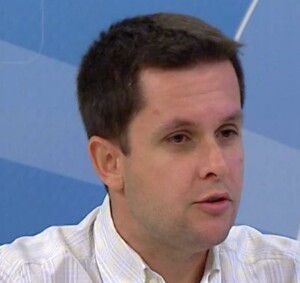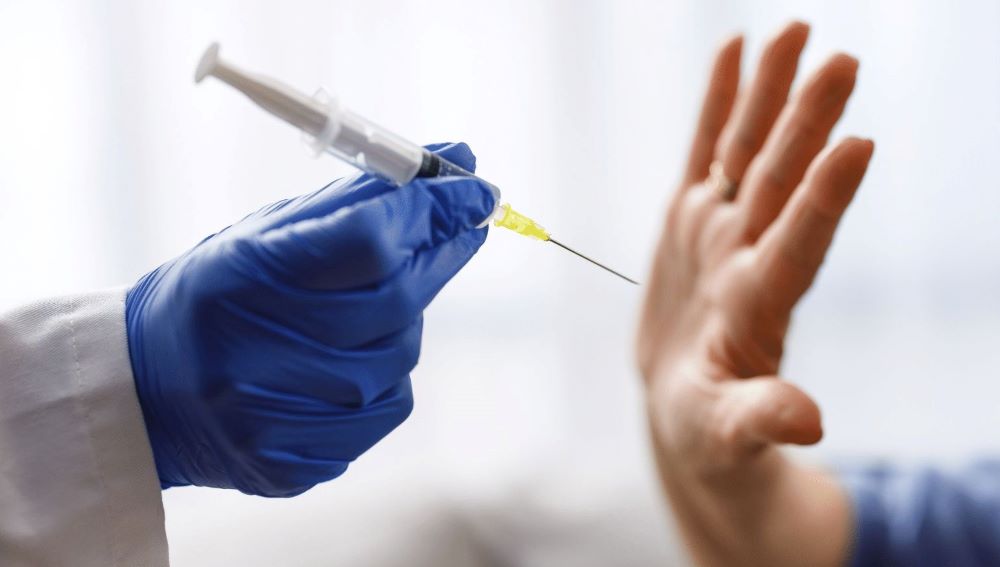Mandatory vaccination is potentially accompanied by vast risks including but not limited to: further decrease of trust in vaccines, further decrease of trust in institutions and experts, and, most unfortunately, mandatory vaccinations pave the way to the phenomenon of fictitious vaccination only for documentation and not for health purposes.

Ilir Alimehmeti
In Albania, official vaccine coverage is underestimated due to a biased denominator, which is the “presumed” population living in Albania. But, the understanding that such a population is in fact lower leads to an increase of the ratio, i.e. vaccine coverage. (A comparison can be made with the election list that includes a much higher number of people voting compared to the real Albanian population, leading to a biased “low” voter turnout.
Secondly, real and perceived physical barriers towards vaccination do exist, as it is the case for remote areas or persons unable to reach the vaccination centres. In such cases, vaccines should reach people and not vice versa.
Thirdly, a series of different issues increase vaccine hesitancy including but not limited to: relatively younger Albanian population age, prior SARS-CoV-2 infection, fear of vaccine side effects, lack of faith towards vaccines in general (no-vax) or this vaccine in specific due to the fast time of study and production, lack of faith in institutions, lack of will to be vaccinated with lower efficacy vaccines, and last but not least various conspiracy theories. Taken together, the common theme in all these issues is that “vaccine benefits are not worth the risk”.
Are vaccination campaigns implemented in the right way?
Not really. The vaccination campaign is mainly limited to media communication of politicians and experts, in this specific order. Pragmatically, the vaccination campaign must be considered as an electoral campaign. Thus, with information, every door and every community must be reached; local, religious or influential leaders must be reached and convinced. As young people are not reachable through television or politicians, artists, VIPs or peers must act as reach-outs, conveying the message in a perceivable and credible way. Whilst in the lower socioeconomic strata, also monetary incentives must be considered. The main point is to convey the public health message in a full, transparent, reliable, accessible and understandable way for each individual or community.
Where is the line between caring for people’s health and endangering the right to free choice?
Such a question encloses not only health, but also social and law point of views. From strictly health perspective, from medical ethics and deontology basis it is always the patient that gives the informed consent for each procedure and treatment, after being duly informed by the healthcare personnel.
Mandatory vaccination could be supported only if certified vaccines (not emergency use authorized vaccines) would have been able to completely interrupt viral transmission to other persons. Unfortunately, currently available vaccines cannot offer such a reliable transmission barrier, therefore undermining such a fundament. Consequently, given the fact that the main vaccine role is preventing severe COVID-19 only in the vaccinated individual, but not in others, we are back to the starting point with the person that should decide himself on preserving and caring for his health or not.
If people are offered full information that is appropriately conveyed from reliable persons and in an adequate manner, most individuals would reach the vaccination centres without being forced, as in the United Kingdom case. Mandatory vaccination is to be considered as an information campaign failure. Moreover, mandatory vaccination is potentially accompanied by vast risks including but not limited to: further decrease of trust in vaccines, further decrease of trust in institutions and experts, and, most unfortunately, mandatory vaccinations paves the way to the phenomenon of fictitious vaccination only for documentation and not for health purposes.
Ilir Alimehmeti, Deputy Dean at the Faculty of Medicine, Tirana



Leave A Comment